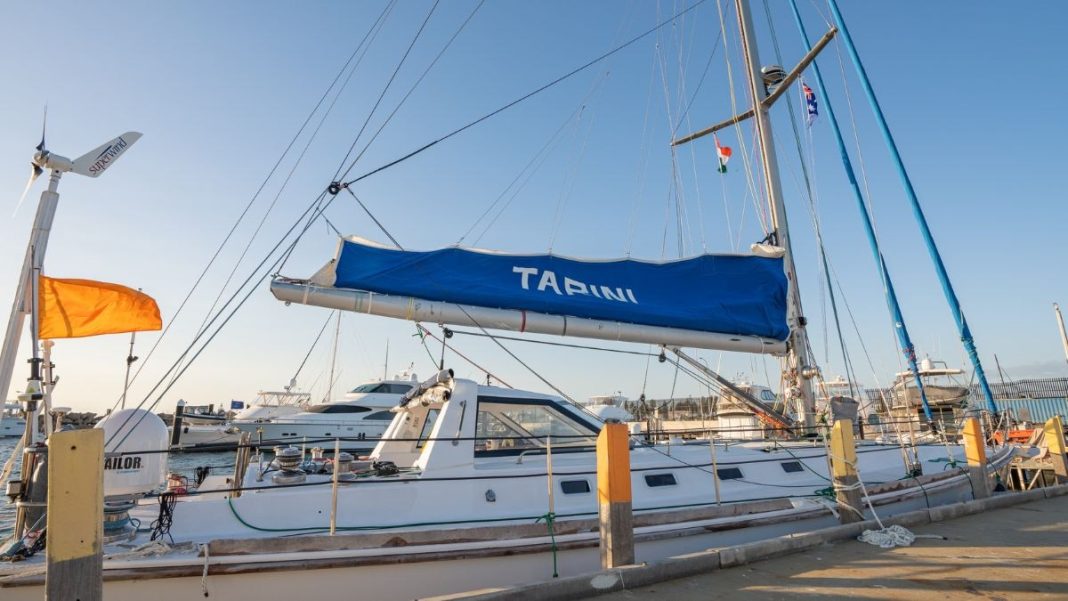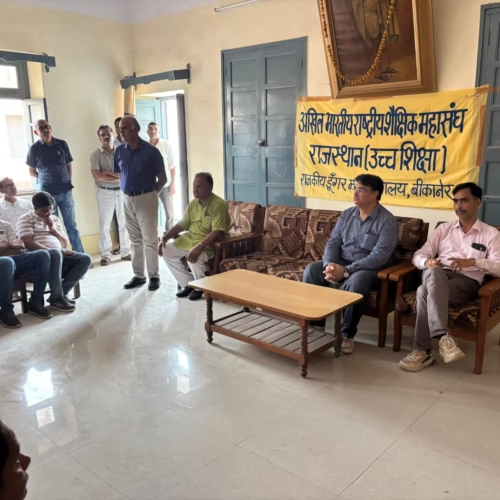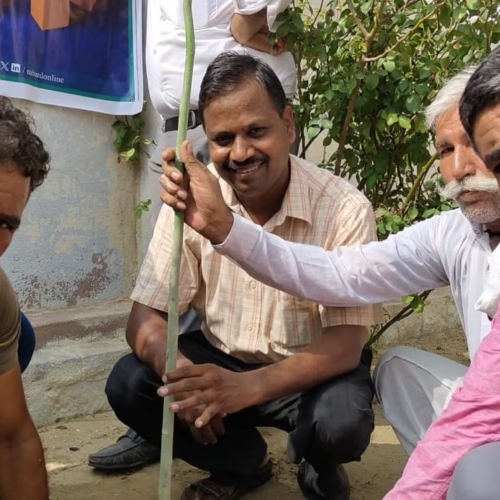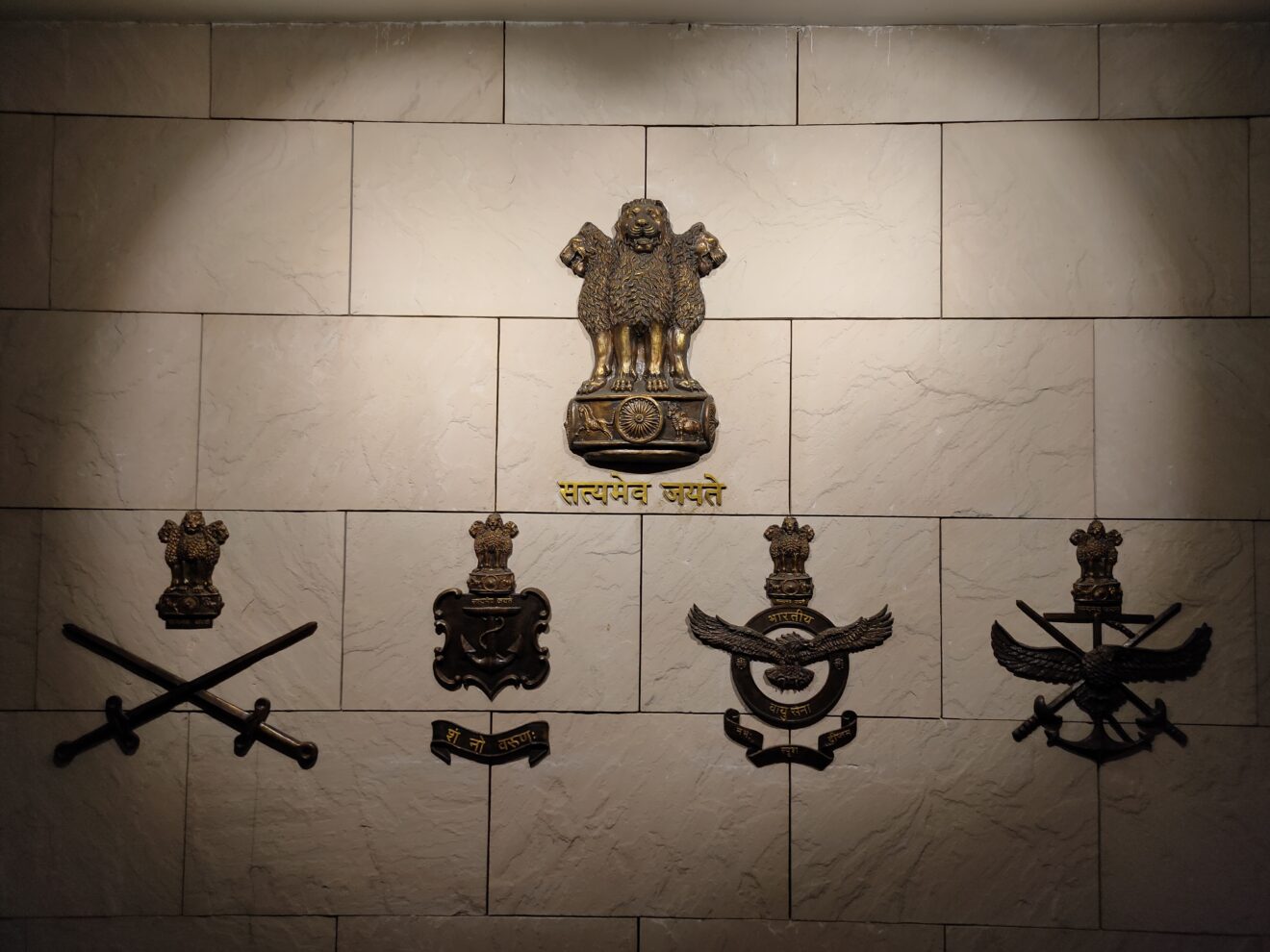INSV Tarini’s Voyage: A Landmark Mission for Women’s Empowerment in the Indian Navy

The Indian Navy is making significant strides in promoting women empowerment and inclusivity within its ranks, highlighted by the recent voyage of its flagship sailing vessel, INSV Tarini. The ship, manned entirely by women, recently docked in Fremantle, Australia, after an impressive 39-day journey covering nearly 5,000 nautical miles. This journey marks a key milestone as part of India’s Sagar Parikrama initiative, showcasing the country’s maritime capabilities while simultaneously symbolizing progress for women in the armed forces.
Led by Lieutenant Commanders Dilna K and Roopa Alagirisamy, the all-women crew is embarking on an eight-month mission that will test their skills in some of the most challenging waters globally. Their undertaking serves not just to bolster India’s global maritime engagement but also to highlight the ever-increasing role of women in military operations. By navigating through varied conditions, from shifting winds to fierce currents, the crew exemplifies the dedication and resilience of women seafarers, pushing boundaries for what is traditionally seen as male-dominated roles in the Navy.
The Indian Navy’s efforts extend beyond this singular voyage. Commander Prerna Deosthalee recently made history as the first woman to command a naval warship, INS Trinkat, while Sub Lieutenant Anamika B Rajeev gained recognition as the Navy’s first female helicopter pilot earlier this year. These milestones indicate a growing recognition of leadership and technical expertise over gender-based limitations.
Moreover, the Navy is actively working to eliminate subconscious biases within its culture. This includes the adoption of gender-neutral language in official communication, moving away from terms such as “servicemen” in favor of “service personnel.” These changes aim to foster an environment of inclusivity that reflects the values of equality and respect.
Practical adjustments have also been made to better support women during deployments. New policies have been introduced, such as gender-specific uniforms and dedicated mentorship programs, which focus on creating a balanced environment for women on longer missions. Additionally, support networks like the Navy Welfare and Wellness Association (NWWA) have been established to address the unique needs of female personnel, ensuring they have the resources and support required for their well-being.
As INSV Tarini continues its journey through the treacherous waters of the Southern Ocean, the message it carries transcends mere nautical milestones. It embodies a commitment to resilience, inclusivity, and empowerment within the Indian Navy, paving the way for future generations of women in maritime and military fields. The Navy’s actions reflect a broader initiative towards gender inclusivity, a critical step that will hopefully inspire many more young women to pursue careers in the armed forces.

















Add Comment